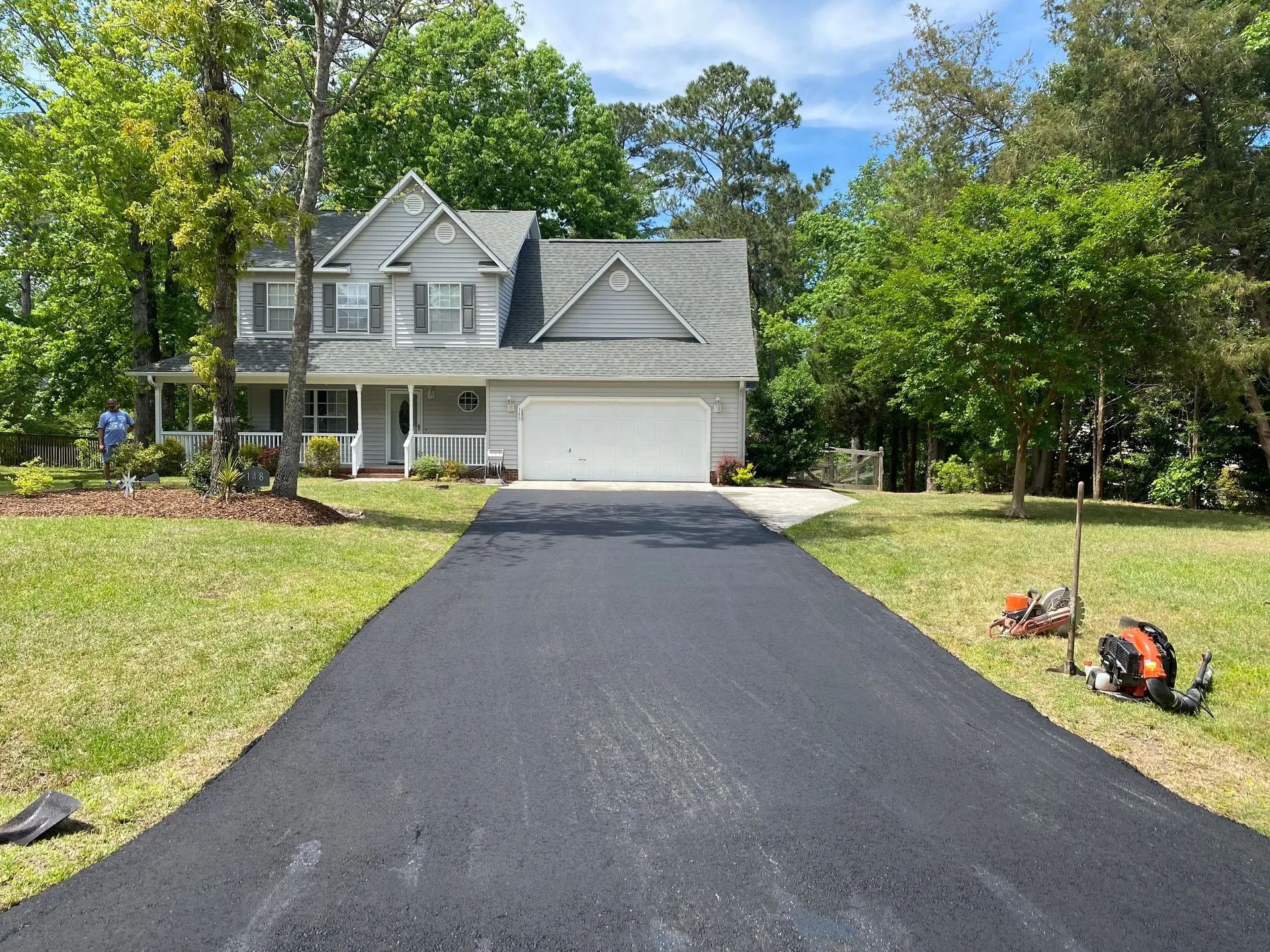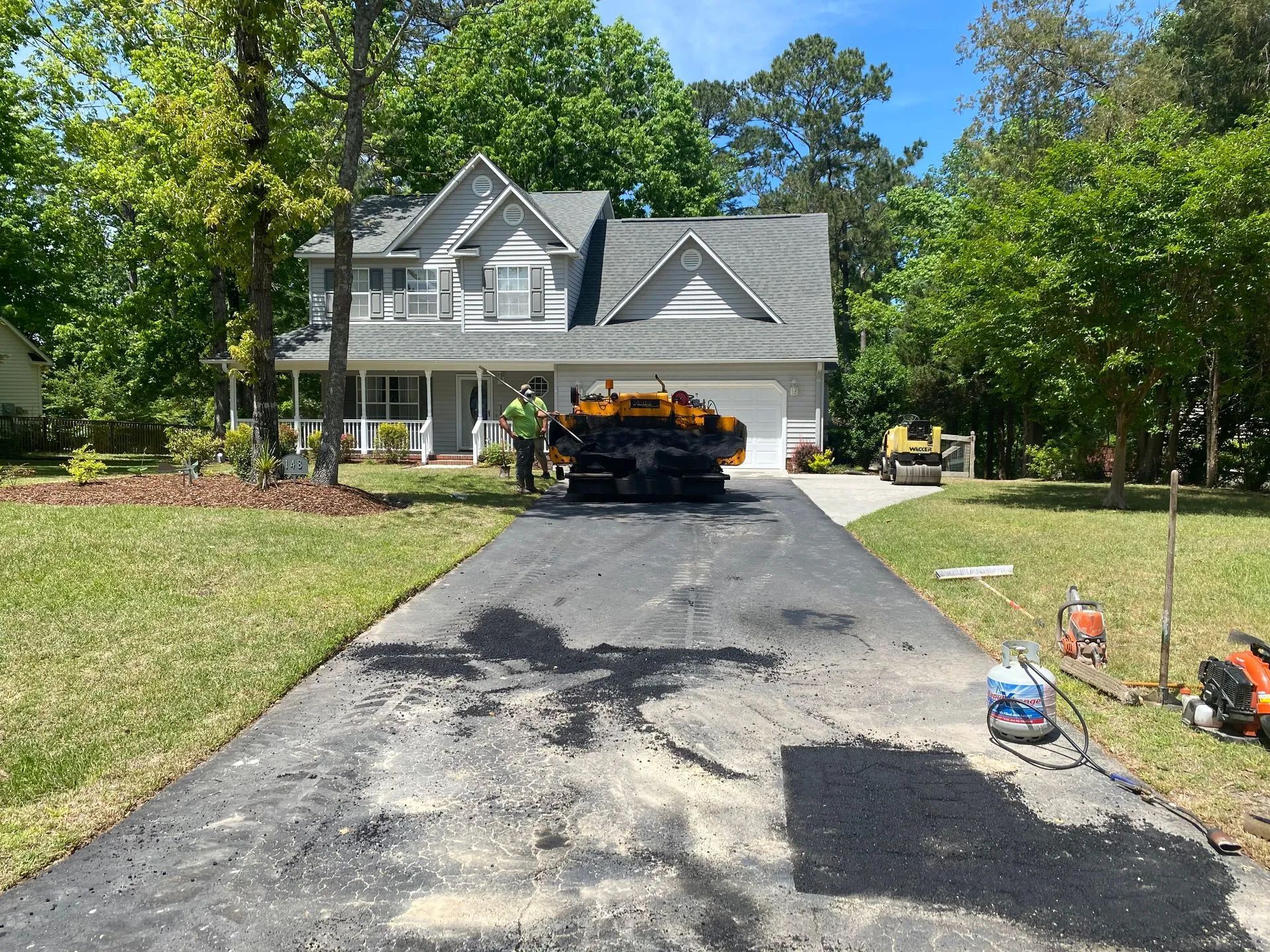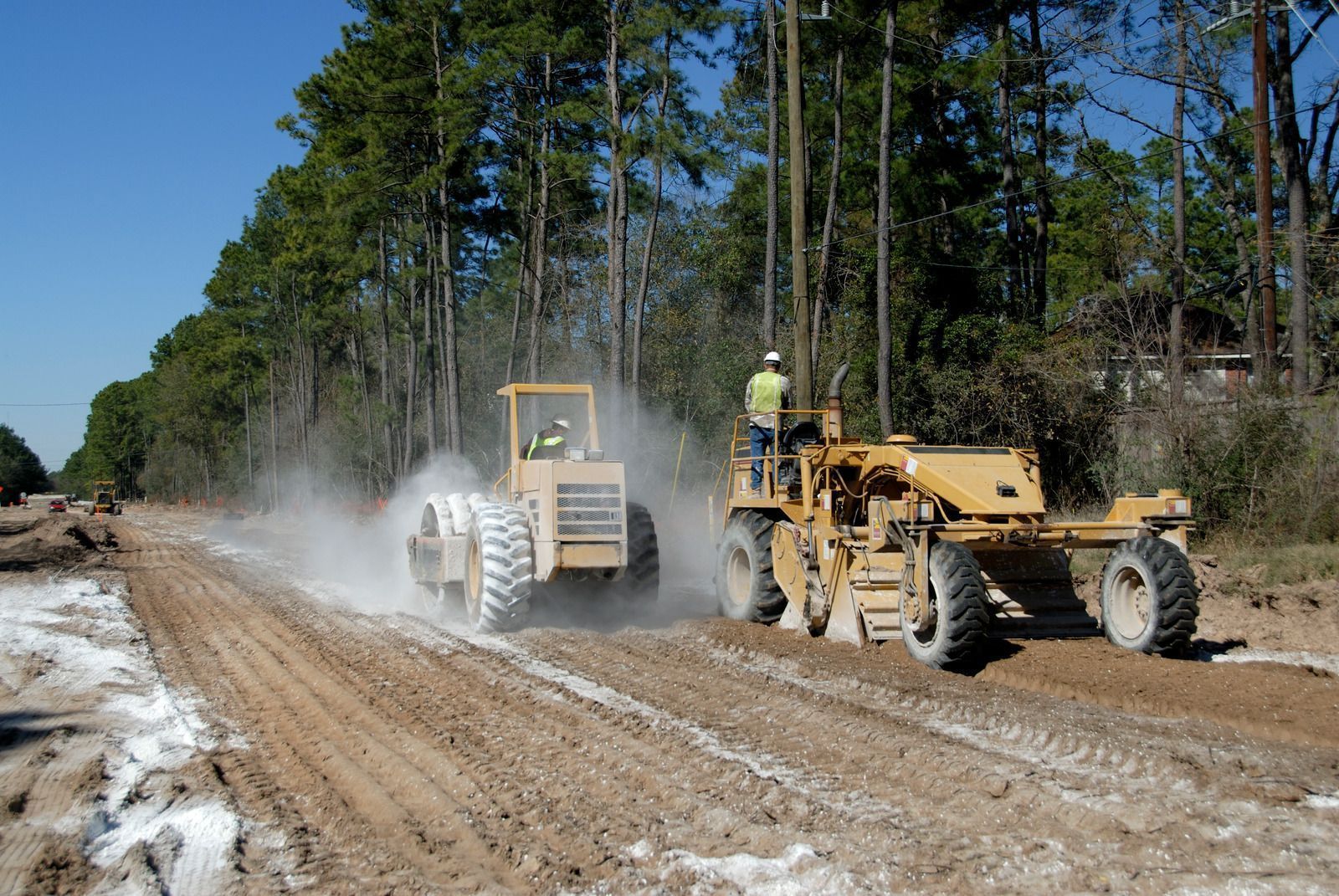Commercial Paving vs. Residential Paving: What’s the Difference?
July 25, 2025

When it comes to paving, not all jobs are created equal. The distinctions between commercial and residential paving go beyond just size. From materials to traffic expectations, the differences affect everything from the equipment used to the timeline of the project. Whether you're planning a driveway for your home or managing a large-scale parking lot, understanding these differences can help you make informed decisions.
Scope and Scale of Work
One of the most noticeable differences between commercial and residential paving is the size of the project. Commercial paving involves large areas such as shopping centers, office complexes, industrial lots, and roadways. These projects require a significant amount of materials and manpower. On the other hand, residential paving typically includes driveways, walkways, or small private roads. The smaller scale means quicker completion times and fewer logistical challenges.
Types of Materials Used
While both types of paving use asphalt or concrete, commercial projects often demand higher-grade materials. This is because commercial spaces must withstand heavier traffic from trucks, delivery vehicles, and constant foot traffic. Residential paving doesn’t face the same pressures, so the materials used are more standard and designed for light vehicle use. In some cases, homeowners may opt for decorative finishes or stamped patterns, which are less common in commercial applications.
Equipment and Installation Methods
Commercial paving projects require specialized, heavy-duty equipment like large rollers, pavers, and graders. These machines are designed to handle large surface areas efficiently and ensure uniform compaction, which is essential for durability. Residential paving, on the other hand, can often be completed with smaller, more mobile equipment. Because the spaces are tighter and the surfaces are simpler, the equipment and crew size are scaled accordingly.
Load-Bearing and Drainage Requirements
A key technical difference lies in the load-bearing capacity and drainage planning. Commercial pavements must be engineered to support high volumes of heavy vehicles without cracking or deteriorating quickly. This includes layered sub-bases and reinforced materials. Drainage is also more complex in commercial spaces, requiring systems that prevent water pooling across large, flat areas. Residential paving still considers drainage, but the demands are far less rigorous.
Compliance, Permits, and Inspections
Commercial paving is subject to a wide range of regulations, including ADA compliance, zoning laws, and local building codes. The planning process often involves multiple inspections and permits before work even begins. Residential paving typically requires fewer permits and has a simpler approval process, especially for standard driveway installations. However, any new construction or expansion should still comply with local rules to avoid penalties.
Project Timelines and Disruption
Time is money, especially in commercial paving. These projects often operate on tight schedules to minimize business disruptions. Work may be scheduled at night or in phases to allow customer access. Residential paving is usually less time-sensitive, but still aims to be completed efficiently to reduce inconvenience to homeowners. The planning and communication process is different, with commercial clients often requiring more formal project updates and documentation.
Whether you need a smooth new driveway or a durable commercial parking lot, the team at Able Asphalt Paving Inc
in Jacksonville, North Carolina, has the experience and expertise to handle it all. With 15
years in the paving industry, we know what it takes to deliver lasting results. Contact us today for a free consultation and see how we can bring your paving project to life with quality and precision.





